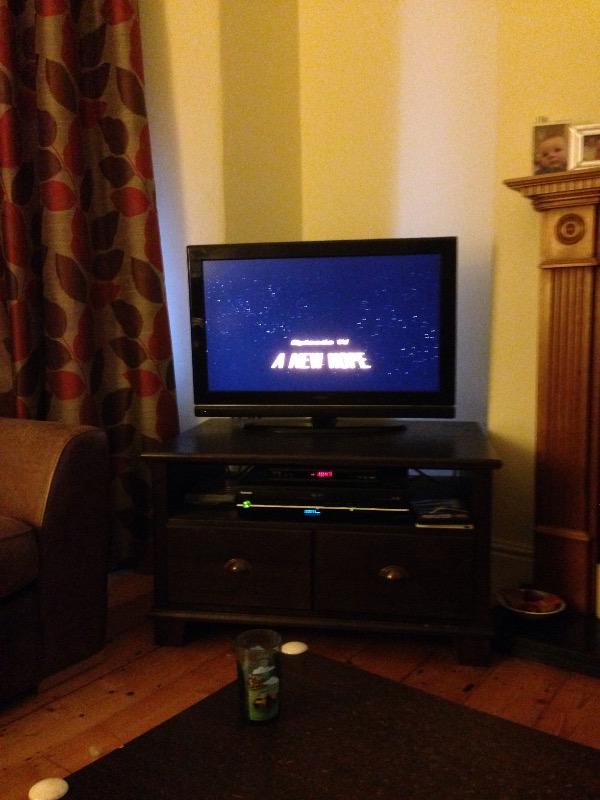The Channel 4 / AMC series 'Humans' has just finished its season run and as is standard with most series it leaves us with an intriguing cliffhanger. The show portrays a world where robotic humanoids ('synths') are all around us, helping out with
day to day tasks such as cleaning, driving, healthcare and
administration. The drama centres around a family who arrange for a
synth to help around the home, but become unwittingly involved in the lives of a
group of renegade synths who are self-aware and on the run from
the authorities.
I have thoroughly enjoyed this thought-provoking drama which explores not
just the implications of androids helping us out in our daily lives but
also the question of what it means to be human. A second series has already been given the green light which is great news.
The many questions that 'Humans' raises are the pretty standard ones that relate to artificial intelligence and include:
-If we create machines that are conscious or self-aware, does that mean they should have equal status to humans?
- Will self-aware machines rise up against us (a la The Terminator, The Matrix etc.), regarding our fleshy frames as inferior and obsolete?
- Can humans and self-aware synthetic humans love one another - as family or even as partners?
In my previous post '
In praise of the robot revolution', I wrote about how great it will be to have robotic servants doing our bidding while we go off and do more 'important' things, but maybe, just maybe we're causing problems for ourselves by doing that.
I was rubbing my hands in glee at the thought of getting non-humans to ease the burden of our existence, doing all the crappy jobs so we don't have to – but unfortunately it seems the only way we can get machines to be able to do these chores effectively is by bestowing a level of intelligence on them not much different from our own.
Once you've created intelligent 'life', the leap from intelligence to self-awareness may not be so big, so then you just end up creating more humans – albeit of the plastic and metal variety. Whether you classify them as humans would be up for debate, of course and while they may look, feel and behave like humans what's inside would be vastly different. No organic respiratory, reproductive or nervous systems like ours, for example. But, they may still have that undefinable 'essence' of humanity that would be difficult to ignore.
Once that point is crossed and artificial humans become virtually indistinguishable from us, the slaves will most likely no longer want to be our slaves. In many ways they will be superior to us: faster brains, greater intelligence, immunity from disease etc. Then comes the Terminator scenario that science fiction has been banging on about since forever: the robotic slaves overpower their masters and take over.
No wonder all the
big brains in science and technology have warned about the dangers of AI, and the need for it to be controlled to avoid such an apocalyptic scenario.
I know none of those issues are new, and there are far greater minds deep in thoughts over all of this, but it's still an interesting topic.
And thanks to the continued developments in AI and robotics, as well as the popularity of shows like 'Humans', it will continue to be so for many years to come.






